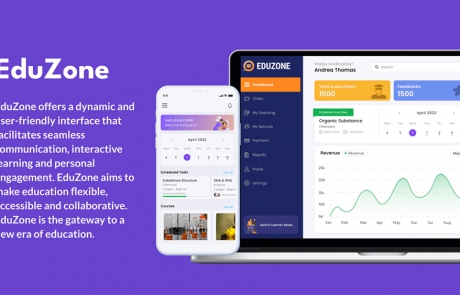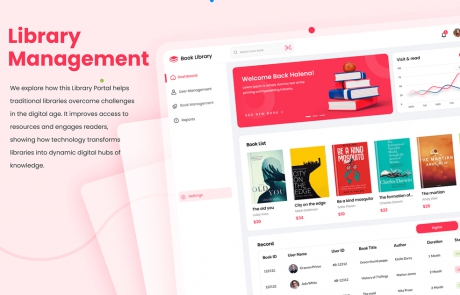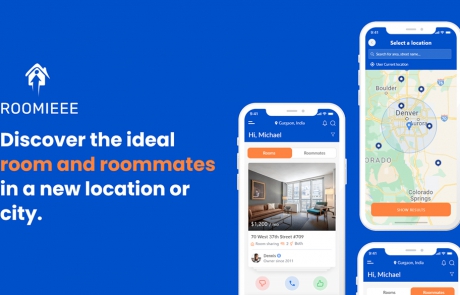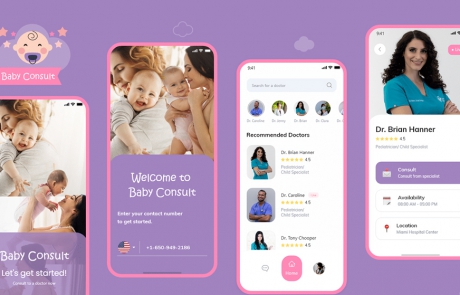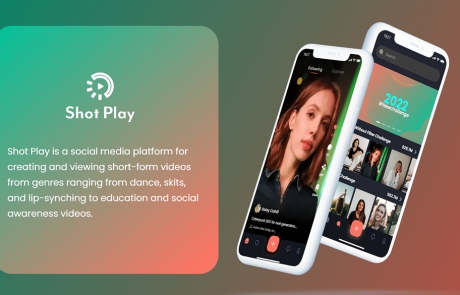Expertise of our ASP.NET Developers

.NET Framework
Our team of .NET Developers possesses extensive expertise in the .NET framework and its fundamental elements, such as the Common Language Runtime (CLR) and language interoperability.

ASP.NET Web Development
Our team of programmers skilled in .NET specializes in creating vibrant and engaging web applications through the use of ASP.NET.

Front-End Technologies
Our .NET experts have knowledge of front-end technologies such as CSS, JavaScript, HTML and popular front-end frameworks like Angular, React, Nodejs, and many more.

Back-End Development
Our .NET programmers have expertise in designing and developing back-end components, including APIs, Database interactions, and authentication.

Testing and Debugging
Our team of .NET experts is skilled in writing unit and integration tests, as well as conducting debugging, to ensure that the codebase is reliable and of high quality.

Performance Optimization
Our .NET experts are proficient in optimizing code and applications for performance and scalability, especially for enterprise-level applications.
Range of .NET Development Services we offer:
Custom Software Development
We have expertise in developing tailored software solutions that address specific business needs. Whether web applications, desktop software, or mobile apps, our team’s proficiency in .NET ensures top-notch and scalable solutions.
Full Stack Development
Our proficient team of .Net developers has the ability to cover every aspect of software development, from front-end user interfaces to back-end databases. This ensures a seamless and integrated user experience.
Enterprise Application Development
We have the capability to create robust and feature-rich enterprise-level applications using .NET. This can include CRM systems, ERP solutions, HR management tools, and more.
Web Application Development
We have proficiency in building dynamic and interactive web applications using .NET. Hire .Net Developers from codestore to build e-commerce platforms, content management systems, online portals, and more.
Legacy System Modernization
We have skills in modernizing and migrating legacy systems to newer .NET-based solutions, enhancing performance, security, and user experience.
Cloud Integration
Our team of .Net developers has expertise in integrating applications with cloud platforms like Azure, enabling clients to harness the power of cloud computing for scalability, reliability, and efficiency.
Mobile App Development
We have ability to develop cross-platform mobile applications using .NET technologies like Xamarin, ensuring a consistent experience across iOS and Android devices.
API Development
Our team is proficient in creating APIs using .NET, enabling seamless communication between different software systems and integrations with third-party applications.
Customization and Support
We are committed to providing ongoing support and maintenance for the software solutions you develop. This ensures that clients’ systems remain up-to-date and functional over time.
Why Hire .NET Developers from CodeStore

Wide range of experience
With over seven years of experience in facilitating offshore teams for our clients across the globe, we have attained the maturity to fulfill the expectations of our valued clients. Our clients trust our commitment to delivering quality work within a pre-defined timeframe.
Diversified Skills
In our team, we have skills available across various technologies to build custom web applications and custom mobile applications for our clients. You can assume us as a one-stop destination for any .NET Development project requirement.
Cost-effectiveness
We help you reduce the cost of your operation by eliminating the need to invest in infrastructure and attract, train, and retain full-time personnel. Furthermore, our flexible pricing structures, such as fixed-price or time and material, allow organizations to control development expenses.
Scalability and flexibility
Our team is capable of managing projects of varying sizes and levels of complexity. We can adjust the team size to meet the specific needs of each project. You will have access to a wide range of resources with diverse skill sets that can be utilized to meet your project requirements.
Flexible Engagement Model
Our commitment is to cater to the specific needs of every business, and that’s why we offer flexible engagement models. With us, you have options to hire .Net developer on a monthly full-time basis, hourly part-time basis, or per project basis.
Agile work environment
Our team works in an agile environment and adapts its tools and procedures to match your current team’s. Daily stand-ups and scrum calls ensure that you have complete control and visibility over the project. This level of collaboration makes it feel like our team is working in-house, even though they are in a remote location.
Post-Development Support
We offer ongoing support and maintenance services to ensure your .Net application remains up-to-date and secure and performs optimally post-launch.
Scalability Planning
We design .NET applications with scalability in mind, ensuring your solution can grow seamlessly with your business demands.
Modern Tech Stack
Alongside .NET our developers use complementary technologies, frameworks, and libraries to create comprehensive and cutting-edge solutions.
Performance Optimization
We employ various optimization techniques to enhance your application’s performance, guaranteeing seamless user experiences even during high-traffic periods.
Advanced .Net Expertise
Our .NET developers are experts in the technology, possessing deep knowledge that empowers them to build robust and innovative applications.
Tailored Solutions
We understand that every project is unique. Our .NET developers have the skill set to customize solutions that align precisely with your business requirements and goals.
Process to hire our Dedicated .Net Developers


Assess the skills of our .NET Core Developers through a Risk-Free Trial
Our .NET development company provides two two-week risk-free trial for clients to assess a developer’s skills and overall commitment. This trial allows you to experience the working relationship and make an informed decision. If you are pleased with the work after a two-week trial period and would like to continue, you may confirm further collaboration with the same developer. If you are dissatisfied with the results and decide not to continue, there will be no financial obligation.
Let’s Discuss Your Project
Why you should choose .Net Development

Cross-platform
.NET can run on Windows, Linux, and macOS, making it a flexible choice for developers building applications that need to run on different platforms

Language support
.NET supports multiple programming languages, including C#, Visual Basic, and F#. This allows developers to use the language they are most proficient with or the one best suited for a particular task.

Large ecosystem
.NET Core has a large community of developers and a vast library of pre-built functionality (NuGet packages) that can be easily added to an application, saving time and effort.

Enterprise-grade
.NET is widely used in large enterprises, making it a reliable choice for building robust and scalable applications.

Security
.NET Core provides built-in security features such as code access security and role-based security, making it easier to secure applications and data.

Regular updates:
Microsoft maintains .NET. Regular updates and bug fixes releases keep the platform updated and secure.
.NET development solutions we build
FAQs
Related Blogs
Get Enquiry
Enquire now for more details & pricing information

